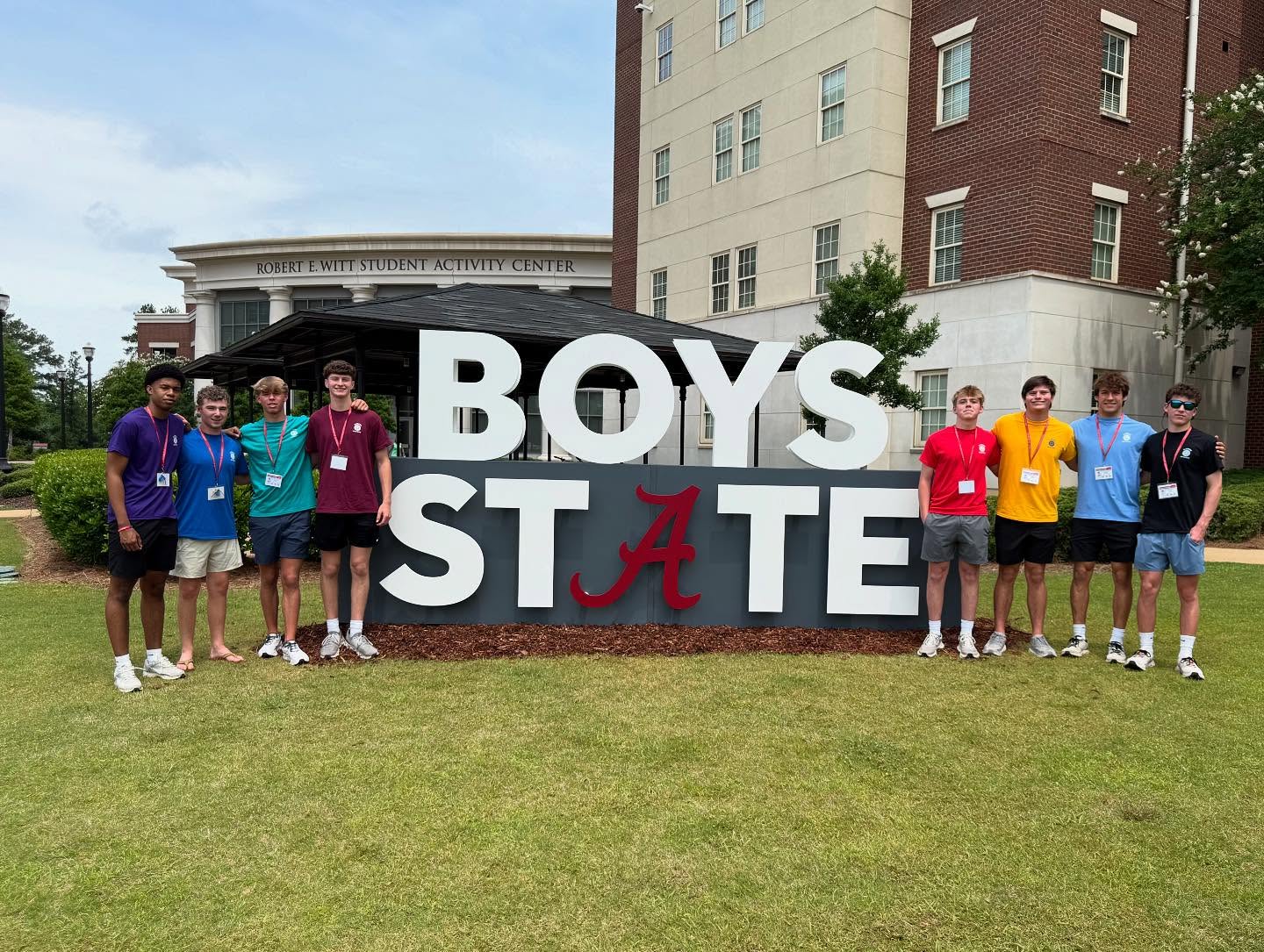Owl’s Eye: Compromise and balance
Published 1:09 pm Wednesday, August 2, 2023
Funny how words can mean different things. Compromise was once a good word. Democracy, a great Parliamentarian once said, only works because of compromise. Early Americans realized that each colony had its own interests, and they sometimes overlapped, sometimes didn’t. That’s why they set up the balance of powers in our Constitution. The executive, legislative and judicial systems would balance one another out, presumably making the greatest good for the greatest number as a result. After give-and-take, a way is found that is mutually beneficial. Good decisions come as a result of compromise. Seldom in life do we see absolute good on one side and evil incarnate on the other. We who live in our tiny patch of northern Alabama are often made aware of this, whether we walk to work or fly, like me, an owl.
Decisions are always best when people feel a part of them. If I have a say in how things run, then I feel like a part of the decision. If I’m blocked out of how those decisions are made, then I don’t. This is why you read so much in the newspaper about “transparency” in government actions. Likewise, our local government documents are supposed to be open, which allows the average citizen to read what was decided, how and by who.
Luckily, we have a free press, too. That means no politician can lord it over what we say as concerned citizens. You can write a letter to the editor commenting on the day’s events. For instance, a doctor recently observed how we no longer have a therapy pool for a hugely growing population. Or, we find few dates attached to the completion of projects, such as the park in Pilgrim’s Pride old location. Perusal of recent government activities shows that agency training funding was approved, but not what or how much that will be. Questions arise throughout the day on whether there will even be a park in county District 2, or wi-fi for the whole county. Are our schools as currently existing large enough for the already approved housing? Why does this company get tax waivers but that one doesn’t? Endless applications for construction of housing are approved, but the infrastructure to support them always seems to be under discussion. Why aren’t developers obligated to insure a percentage of green space where they build homes?
I raise these topics because they matter. They need to be addressed, not kicked down the road. Where are the discussions of what takes priority in our county and city governments? Where are those priority lists? How are these priorities decided upon, if such discussions even take place? Where can people go for public shelter in tornadoes? Where can transients go for emergency escape from heat or cold? I read a book recently about how one city councilwoman in Memphis, Tenn., would schedule “breakfasts” in her district so that she could talk to constituents. Why don’t ours do the same? I know our sheriff does, and this has been a great boost to trust and mutual respect.
Compromise is all about sharing for the common good. What must one do to get tax abeyance if the same plan is not available to all businesses? If my roads are functional now, will they be able to carry the load once several thousand more vehicles per day move on them? Are our utilities sufficient to supply all planned developments? If we grant a tax waiver to one company, who is picking up the tab for the access roads we provide it? These are the kind of things which good government makes clear.
So what happens when an elected official has to decide it is better to do this and not that? Most fear this like a cat in a leaky boat. They waffle, won’t answer questions and dodge away. One congressman from Alabama was last seen being chased down a stairwell by an inquiring reporter. Good representatives seldom face this conundrum. Their positions are known, explained through media outlets or formal presentations. They are known to their constituencies, who’ve come to trust them to use their judgement for the best. Remember, we don’t elect people to mindlessly follow some ideology, to be penny pinchers or wild spenders. We select them to thoughtfully review the big picture and decide what’s best for us all. Their explanations should be readily available and often unnecessary. Unnecessary because their actions are already public knowledge. We’ve been able to follow the project under consideration through the news, or public announcements. So, decisions don’t come as a surprise.
Decisions voted on in public meetings would benefit if the public felt a part of the decision making, not only as present observers of the final vote. I’ve flown into enough public meetings to know we can do better. It just takes a little compromise.





